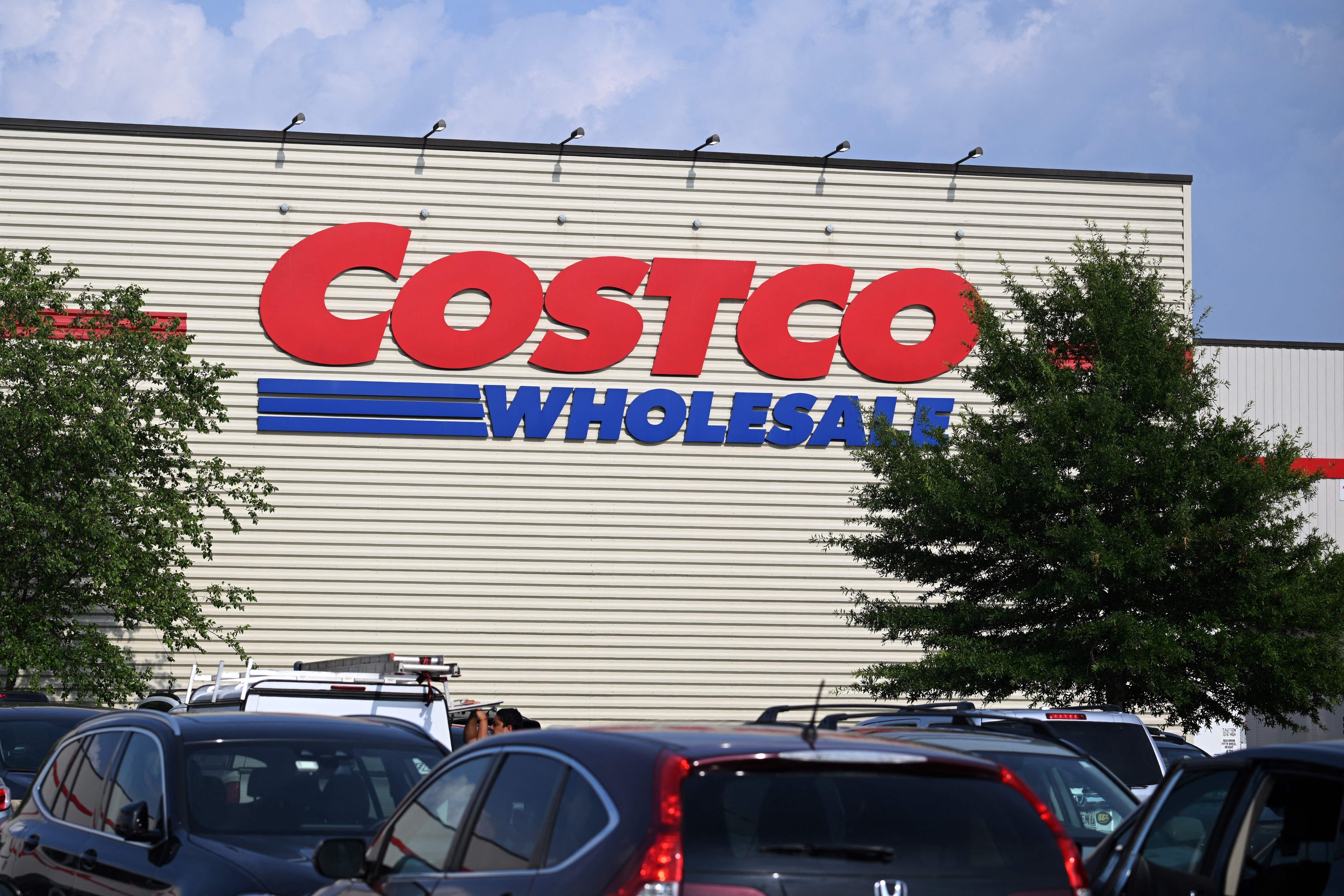Both Costco (COST 0.15%) and Target (TGT +0.66%) have bucked the trend that has hurt so many retailers. The two companies are very different, but they have shown that they won't be taken down by the so-called retail apocalypse.
That's an accomplishment in itself, as countless retailers have seen the growth of digital sales undermine their businesses. That's a fate Target has avoided by making major changes to its operations, its merchandise, and its supply chain. Costco has not had to change its business as dramatically, but it has made moves to deal with what has become a very different retail space.
While both companies have been winners, one is a better buy. But that's not to say both companies aren't smart additions to your portfolio.

Target is opening smaller-format stores in locations where full-size stores would make no sense. Image source: Target.
The case for Target
For a while, the department store chain looked like it was struggling. CEO Brian Cornell, however, made some massive changes that have put his company on better footing.
Some of those changes are visible: Many stores have been remodeled, for example, to better reflect how people actually shop. The chain has also shaken up its merchandise by adding a number of private label brands, including a partnership with Chip and Joanna Gaines.
Target's also undertaken several efforts that are less visible to consumers. The company has revamped its supply chain in order to support not only its stores but also its digital operation. The company has also fully embraced an omnichannel model, and has put the infrastructure in place to support that.
This has led to strong results for the retailer. Traffic to Target stores grew by 6.4% in the second quarter, the biggest increase since the chain began reporting on traffic in 2008. The chain also saw comparable-store sales rise by 6.5%, its best comp in 13 years. These strong numbers have led the company to raise its full-year guidance.
The case for Costco
While Target's impressive numbers and management already make the company a buy, Costco's membership base makes it a better buy. The warehouse club has made changes too, but those are really just to better serve its members.
Costco has added multiple delivery options, and has greatly improved its website. That has allowed the company to steadily grow its membership base and maintain a renewal rate around 90%, despite having raised the price of joining about a year ago.
Membership gives the warehouse club an edge over other retailers. Its members provide a base of cash, and they also act as an important barometer: Costco can see problems as they develop by monitoring declines in renewal rates, and correct them bytalking to its customers. That's a model that allows the company to build tremendous loyalty with its customers, and has kept the company at 9.7% comparable-store sales growth through 36 weeks of its fiscal year and 36.1% digital growth during the same period.
Buy them both
Costco has been a slow, steady leader that has shown it can make the changes needed to stay relevant to its customers as their needs change. And Target, after some struggles, has shown that it can make a major pivot.
Both of these are strong retail brands that look well-positioned for long-term success. If you can only buy one, however, Costco's membership base makes it a better stock; paying to join keeps customers tied to the chain, and makes it more worth their while to shop there since they have already invested in joining.






